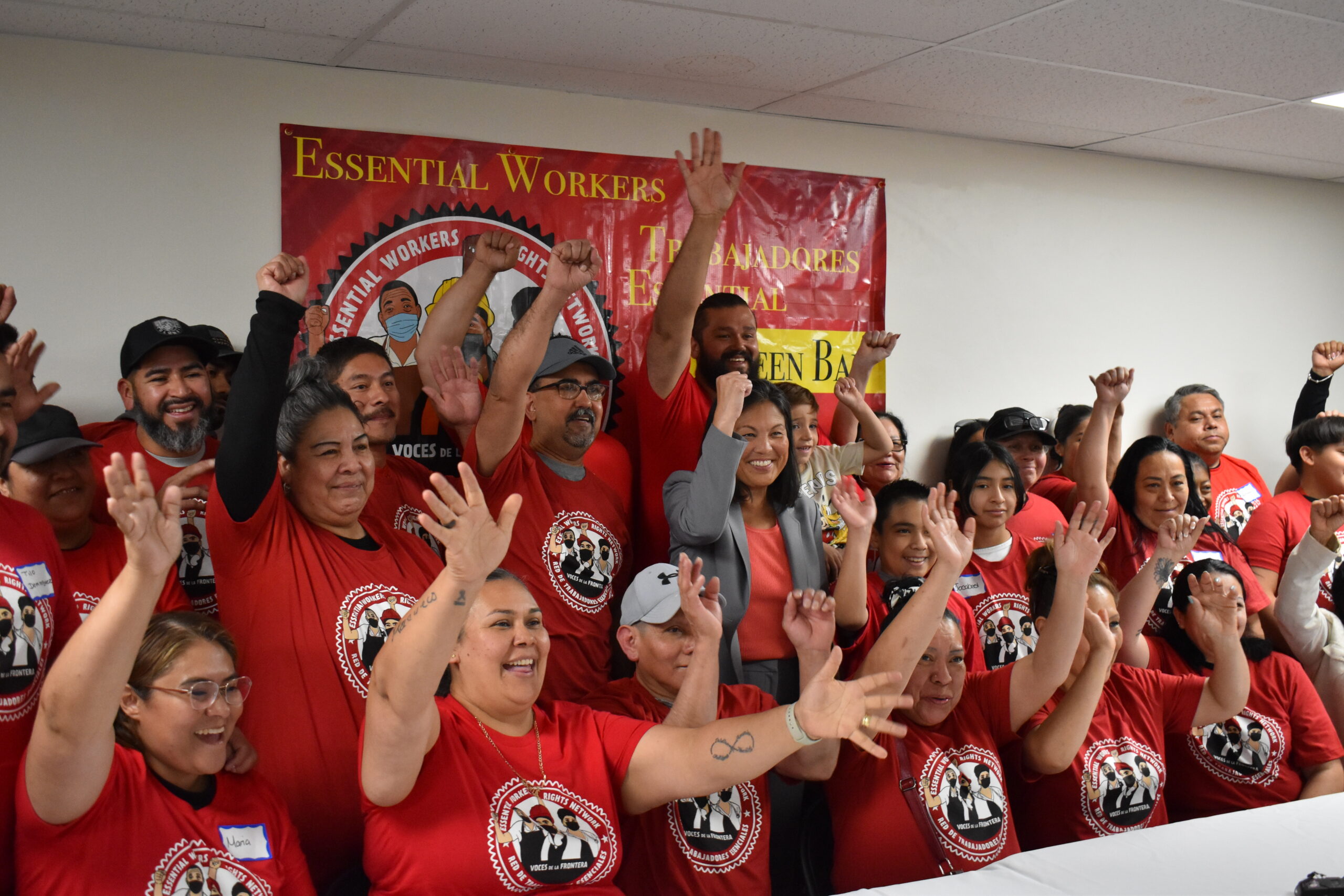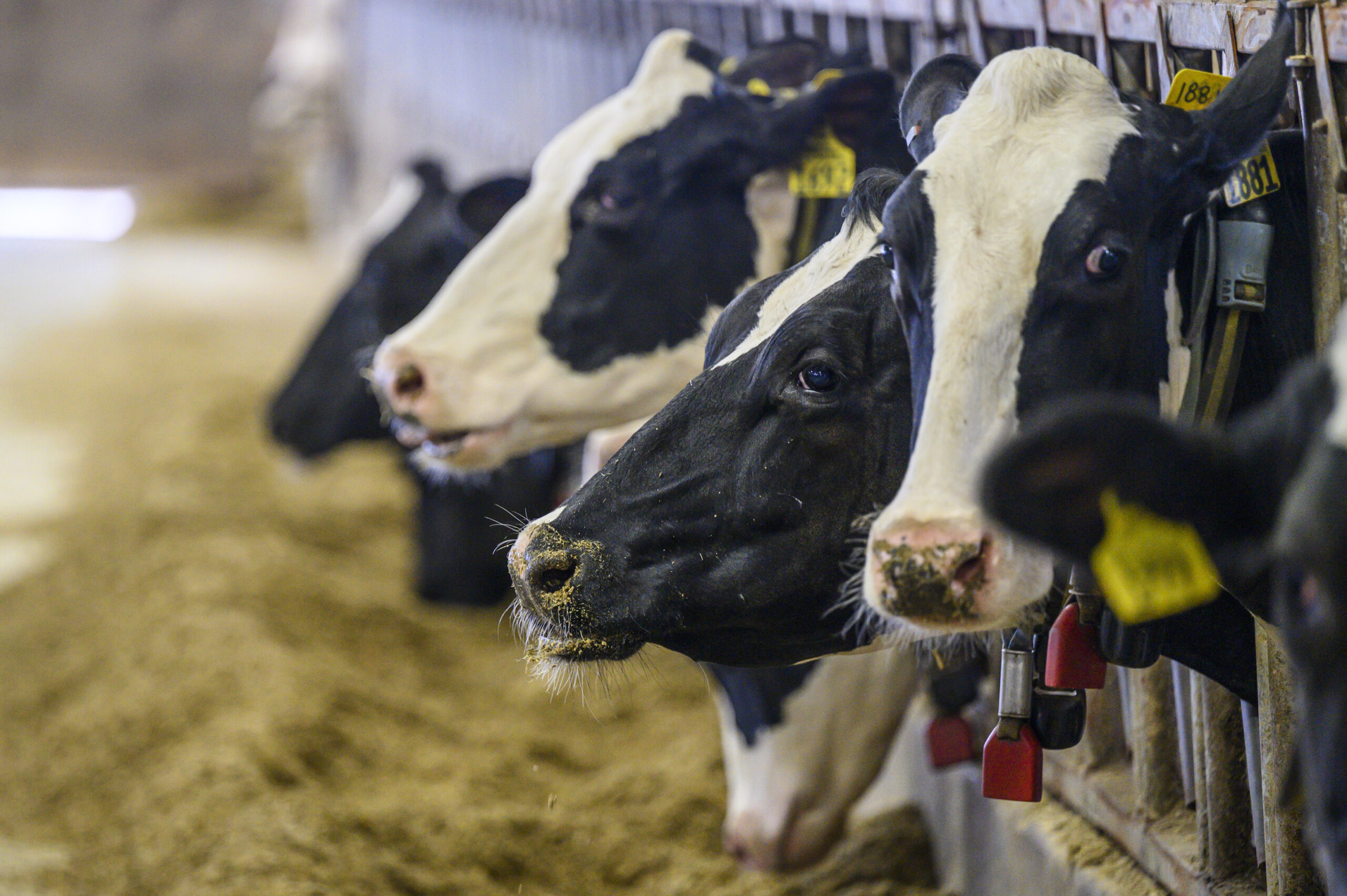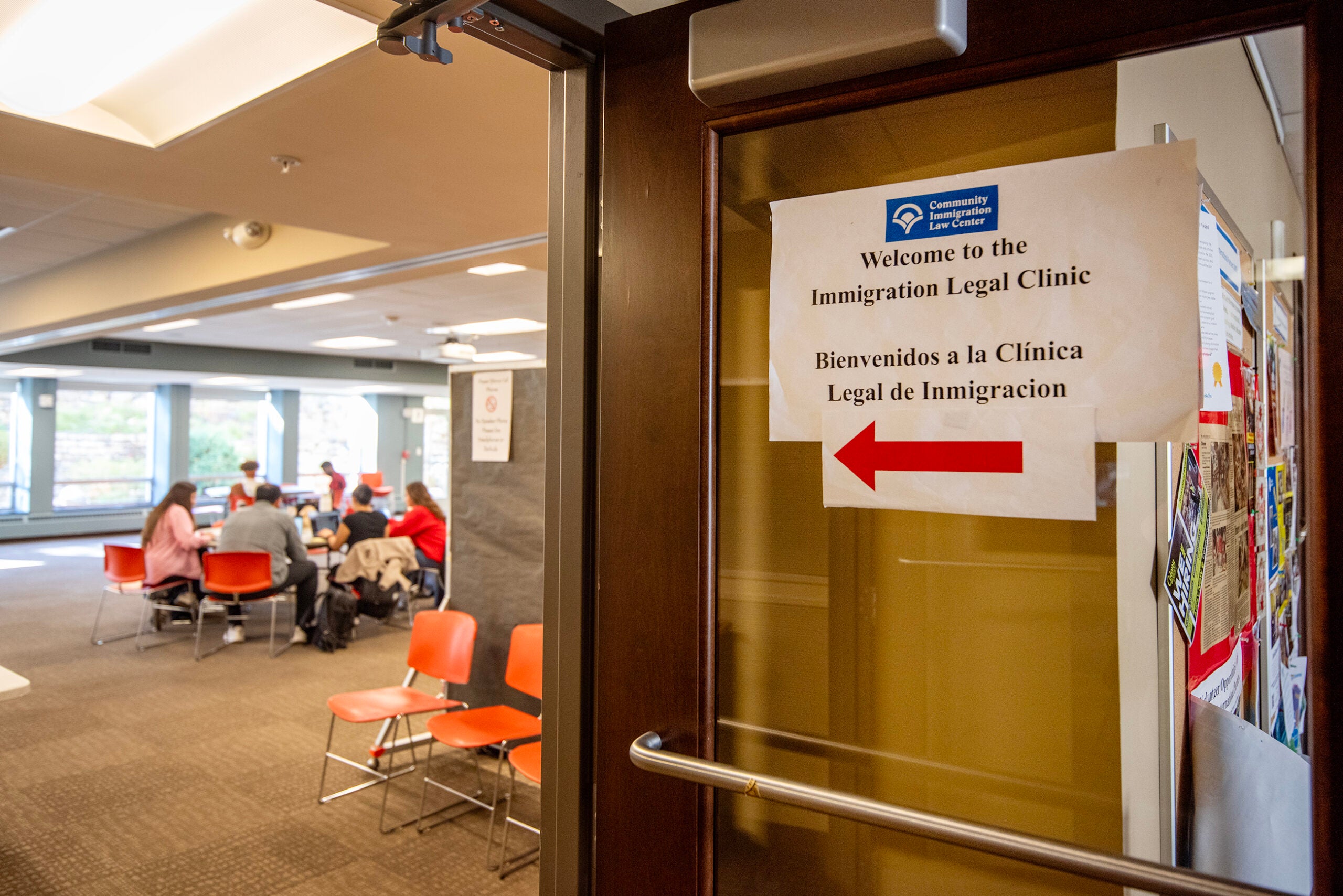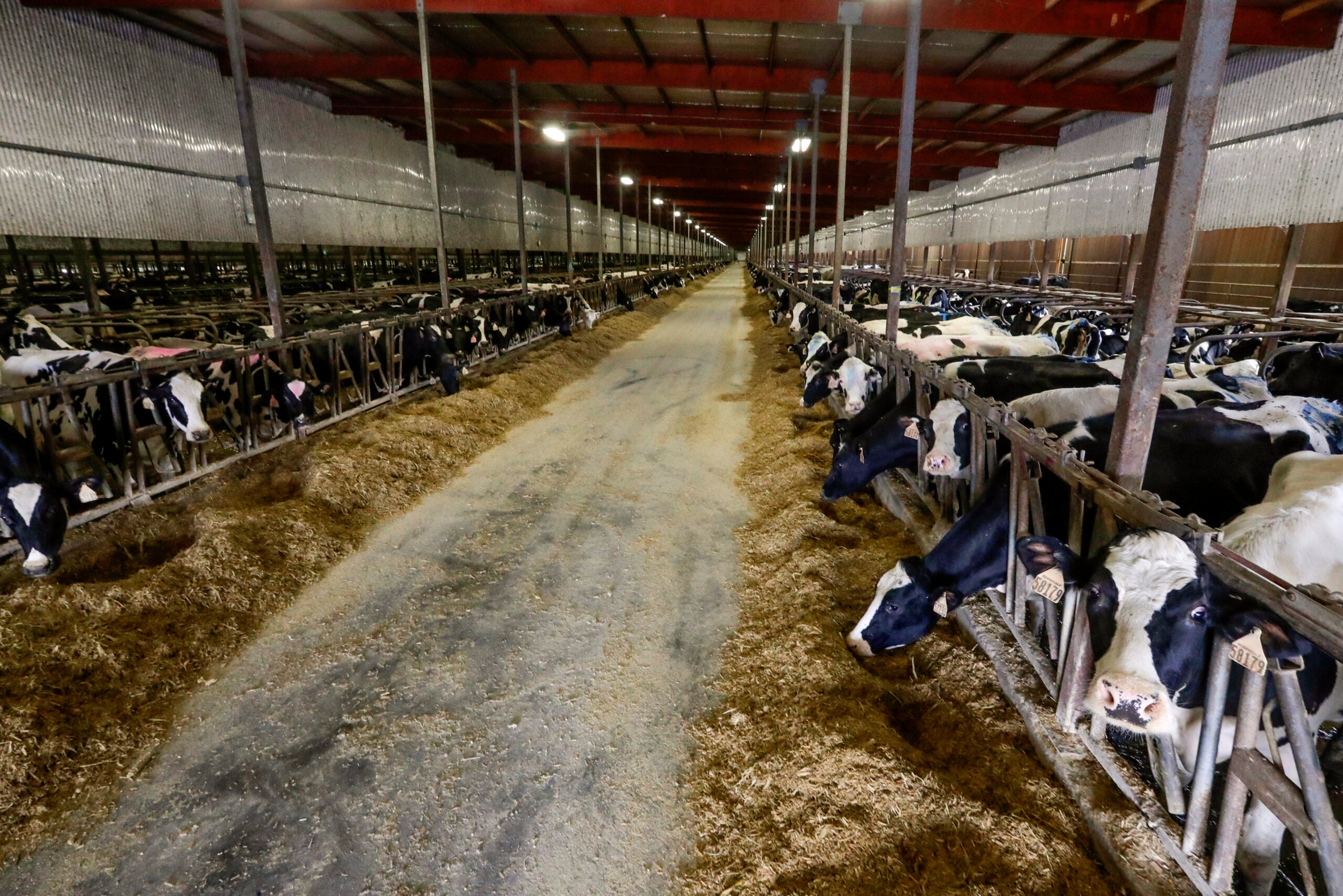Immigrants, with and without legal status, are playing a major role in the state economy and providing an important tax base for Wisconsin and other Great Lakes states.
A new report from Upwardly Global, a New York nonprofit that helps immigrants get paired with jobs that meet their skillsets, and the American Immigration Council looked at the economic impact immigrants are making in the Great Lakes states.
The report looked at immigrants with legal or protected status, according to Jina Krause-Vilmar, CEO of Upwardly Global.
News with a little more humanity
WPR’s “Wisconsin Today” newsletter keeps you connected to the state you love without feeling overwhelmed. No paywall. No agenda. No corporate filter.
In Wisconsin, the report found that immigrants paid $3 billion in federal, state and local taxes in 2022, and held $3.3 billion in spending power. The report also said 17.9 percent of Wisconsin’s population growth from 2010 to 2022 was attributable to immigrants, helping offset population declines in rural areas.
Krause-Vilmar said that population growth is important because states like Wisconsin often struggle to replace people aging out of the workforce with native-born workers.
The state’s aging population is expected to strain both the elder care and health care industries over the next decade.

“Not only are immigrants supporting population growth, but they’re also contributing to our workforce,” Krause-Vilmar said. “They’re also contributing in an outsized way in our rural communities.”
Immigrants make up about 5.9 percent of Wisconsin’s workforce and account for about 11 percent of the state’s agricultural workers, 5 percent of entrepreneurs and 9.5 percent of people working in science, technology, engineering and math fields.
Krause-Vilmar said the entrepreneurship piece is especially important to Great Lakes states because small- and medium-sized businesses help sustain local economies.
“It’s not large businesses that are really contributing a significant proportion to local economic growth,” she said. “Those small- and medium-sized businesses are really critical, and immigrants are taking on those roles. That means they’re generating jobs for other U.S. born folks to be contributing to the workforce as well.”
Immigrants without legal status also play a key role
While the report looked at immigrants with legal status, Wisconsin’s population of immigrants without legal status also make important contributions.
According to the nonpartisan Migration Policy Institute, about 70,000 people without legal immigration status live in Wisconsin. About 47,000 of those people are employed, with about 23 percent working in manufacturing, 10 percent in construction and 10 percent in agriculture.
Armando Ibarra, a Vilas Distinguished Achievement Professor in the University of Wisconsin-Madison School for Workers, said those numbers are likely conservative estimates.
“There’s an undercount in the Latinx population, and, in particular, the undocumented population,” he said. “This population of folks is hesitant to interact with folks that represent the federal government or the state government, because of their precarious immigration status.”
Ibarra also said Latino immigrants play a crucial role in the state’s dairy industry, which has been a large part of Wisconsin’s social identity for more than a century.
UW-Madison estimates that more than 10,000 immigrants without legal status perform 70 percent of the labor on Wisconsin dairy farms.
“This industry only thrives because of mostly Latin American immigrant labor, with the vast majority of these folks having an unauthorized immigration status,” Ibarra said. “Everybody knows it. It’s an open secret.”

Beyond contributing to the state’s workforce, Wisconsin’s immigrants without legal status paid $240 million in federal, state and local taxes as of 2022, according to the American Immigration Council.
Those taxes help fund a social safety net that immigrants without legal status cannot use, Ibarra said.
That’s because most social services, or welfare, programs require a valid social security number, while not every job requires the same, he said.
“There’s this paradox here that you have these estimated 50,000 people, maybe more, that are working, and they’re paying into state taxes (and) they’re paying their federal taxes,” he said. “They can’t draw from that safety net because they don’t have a valid social security number or a legal status.”
Ibarra added that it’s tiresome for those in the Latino community to always have to “make the case that you’re good and that you belong.”
“There should be no mystery in our country that unauthorized immigrants pay state taxes and pay federal taxes,” he said. “There should be no mystery that unauthorized immigrants can’t draw Social Security upon retirement. It is no mystery that unauthorized immigrants really help to uphold this system that we have that takes care of the most vulnerable and the elderly.”
Wisconsin Public Radio, © Copyright 2025, Board of Regents of the University of Wisconsin System and Wisconsin Educational Communications Board.







